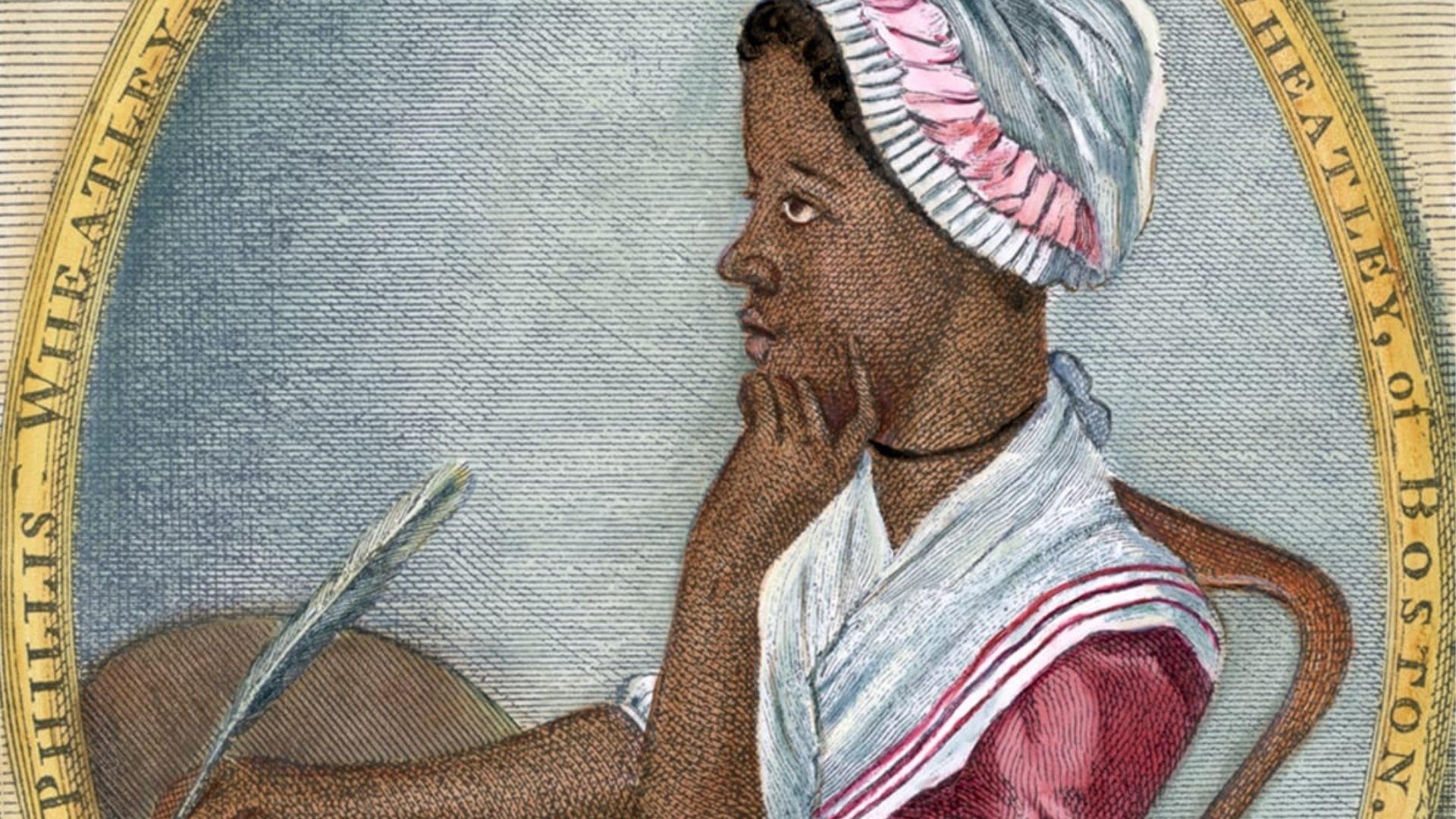A Funeral Poem On The Death Of C. E. An Infant Of Twelve Months Comments
Through airy roads he wings his instant flight
To purer regions of celestial light;
Enlarg'd he sees unnumber'd systems roll,
Beneath him sees the universal whole,
...
Read full text
Thanks to my God, who 'd me to the skies, 'E'er vice triumphant had possess'd my heart, 'E'er yet the tempter had beguil d my heart, 'E'er yet on sin's base actions I was bent, 'E'er yet I knew temptation's dire intent; 'E'er yet the lash for horrid crimes I felt, 'E'er vanity had led my way to guilt, o great, great write great 10+++++
Beautifully written so soulfully sad and profound..
Lorina, your idea rhyms with what is in my mind, as a poet we focus things with a very different ideas and our thoughts contrast the first hand reality. to critize it i darely see the need to mourn.try to analyse my poem stay away from my grave...it will tell you of hypocrisy which befalls the beneficiaries. As a poet, i disagree with the fact that one should be buried on an expensive coffin, while those left go starving. Kevin you can also have a look at it
This poem encouraged me a lot. It comes my way the right time as mum has just transited. great poem
What utter balderdash! This is sheer fantasy - there is not the tiniest bit of evidence of any of it. The idea that parents should not weep because of the death of their child is baloney. We all know in our heart of hearts that when someone dies that is the end of them, that is why we mourn. If we really believed in Wheatley's silly myth then we would indeed be wrong in mourning. Contrast this with the recent Catullus poem. Who is right Wheatley or Catullus?
I love you the poem because it help the other poet to improve in composing poems.
Love takes many forms. Those who suffer loss of a dear one And can express it in prose or poetry Come closest to sharing their grief Making us all reflect on someone That had a place in our hearts and is Now with us in spirit but not body. s
The eternal pessimist must ever find something vile to say about anything. If you can't say something good then shuteth uppeth.
It is not a preposterous love the love between two infant friends! It is wonderfully expressed by the able hand of Phillis Wheatley!
Beneath him sees the universal whole, Planets on planets run their destin'd round, And circling wonders fill the vast profound. Th' ethereal now, and now th' empyreal skies With growing splendors strike his wond'ring eyes: a journey of cosmic proportions; a journey through into depths of creation.
So we have in Wheatley's 'esoteric' funeral poem on the death of Baby Charles (the happy subject of Wheatley's poem!) the 'thoughtless wishes' enunciated by the survivors in their 'prepost'rous love'! I do not find Wheatley's funeral poem incomprehensible nor very profound, for that matter; In fact, I find the elegy for the 12 month old infant rather endearing and somewhat charming in its imagery and delightful rhyme scheme. Can't the reader enjoy the delight Charles feels as he luxiurates in 'pleasures without measure, without end' as 'exulting cherubs round him /clap their glad wings' filling heaven with music? Why must some of us on this site persist in gruff resistance to what Wheatley obviously meant the poem to be - a comfort for those left behind?
I don't know about the philosophy of the poetess but I can see that it is much deeper than what we can think of. She sees the death not from our mortal level but from a different, spiritual level. It requires a good mental composure and deep insight of the philosophy of life. She touches various planes of Indian philosophy regarding birth and re-birth, the pains of life etc. The phrase decribing the parents' grief as 'prepost'rous love' need not be taken as a comment of a hard hearted person. She only says that both grief and happiness are transitory in nature and then, why should one cry at the material loss. Such philosophy may seem to be so dry for ordinary mortals like us.
I dislike this poem heartily. It seems to me nothing but wish-fulfilling fantasy. The pain that one feels at the death of an enfant is not whit assuaged by this kind of guff. The phrase decribing the parents' grief as 'prepost'rous love' says it all.

fuckkkk this poem